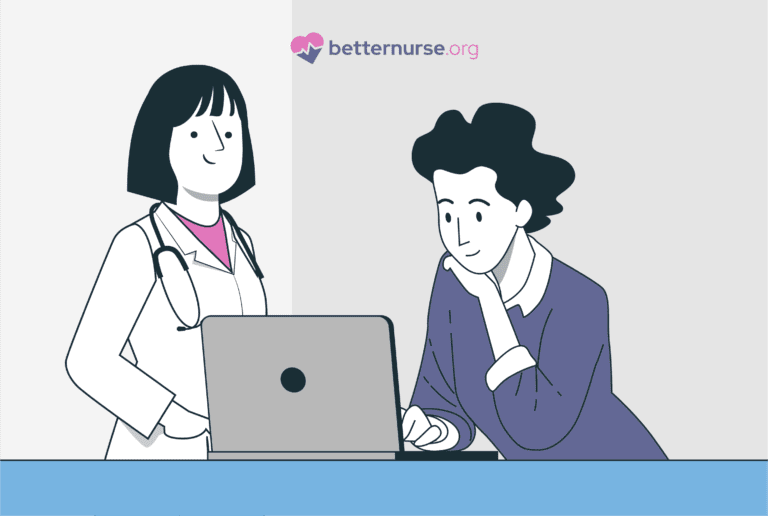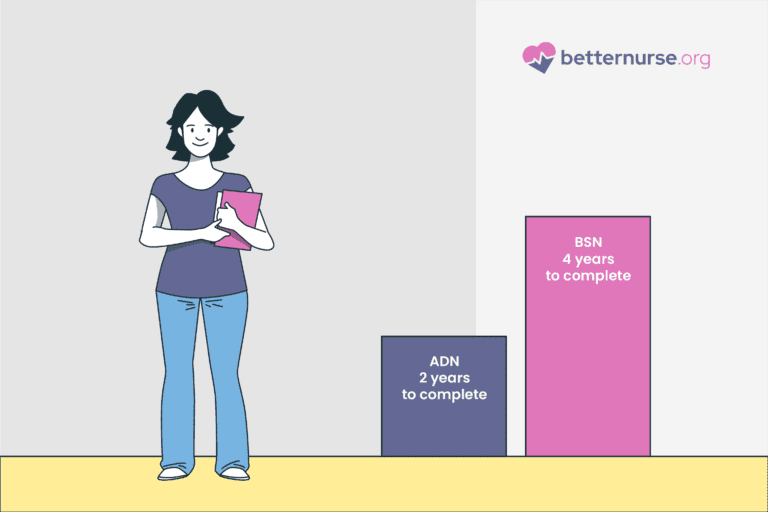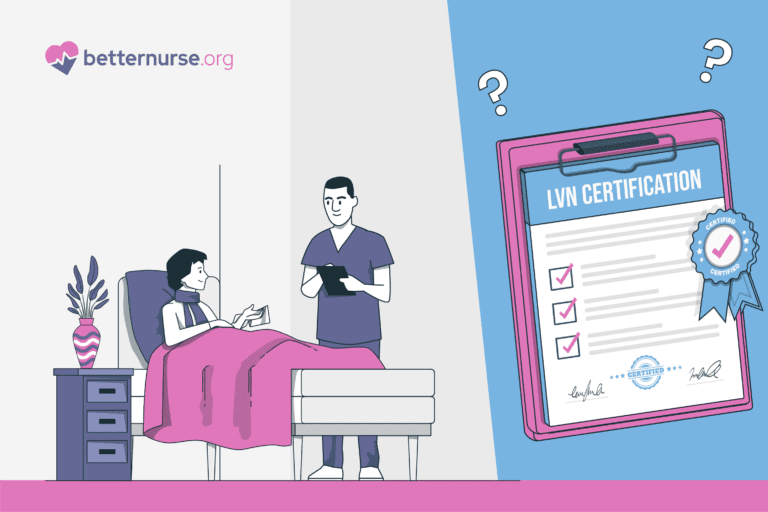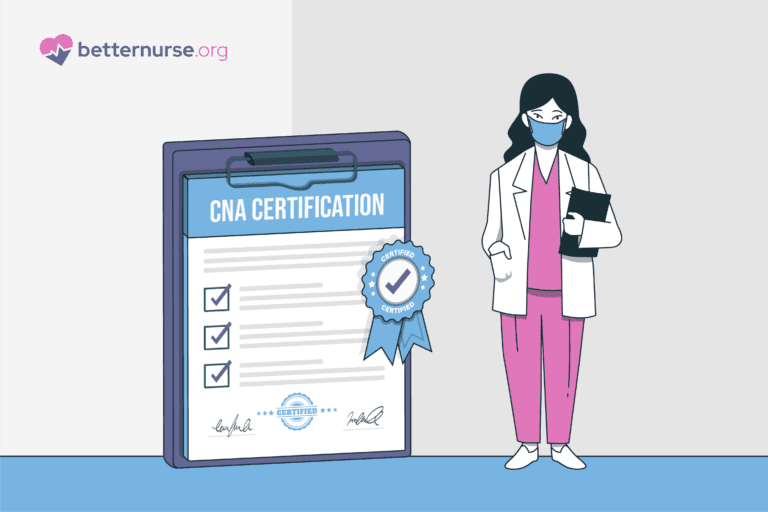
10 Best Online MSN Programs Ranked For 2024
The best online MSN program is through Herzing University. Discover why and other top-rated online MSN programs here.

The best online MSN program is through Herzing University. Discover why and other top-rated online MSN programs here.

An accelerated nursing program is a specialized program that enables students to attain their bachelor’s or master’s degree in nursing (BSN or MSN) at a

ADN (Associate Degree in Nursing) and BSN (Bachelor of Science in Nursing) are two educational pathways for registered nurses (RNs)—ADN nursing is a two-year program,

The number of years of college required to become a nurse depends on the level of nursing education one pursues, and it ranges anywhere from

An LVN certification refers to obtaining a license to practice as a licensed vocational nurse (LVN), which involves completing a state-approved training program and passing

A CNA certification is a professional credential that validates future nurses’ competency and knowledge to provide healthcare services, such as assisting with activities of daily

A Family Nurse Practitioner provides primary care to patients of all ages. Learn what they do and how to become one here.

Nursing informatics is the intersection of nursing, technology, and data. Learn how to become an informaticist and advance your career here.

A Nurse Educator is responsible for instructing and preparing the next generation of nurses. Learn everything you need to know here.

A Public Health Nurse improves access to care at the community level. Learn everything you need to know about this type of nurse here.
